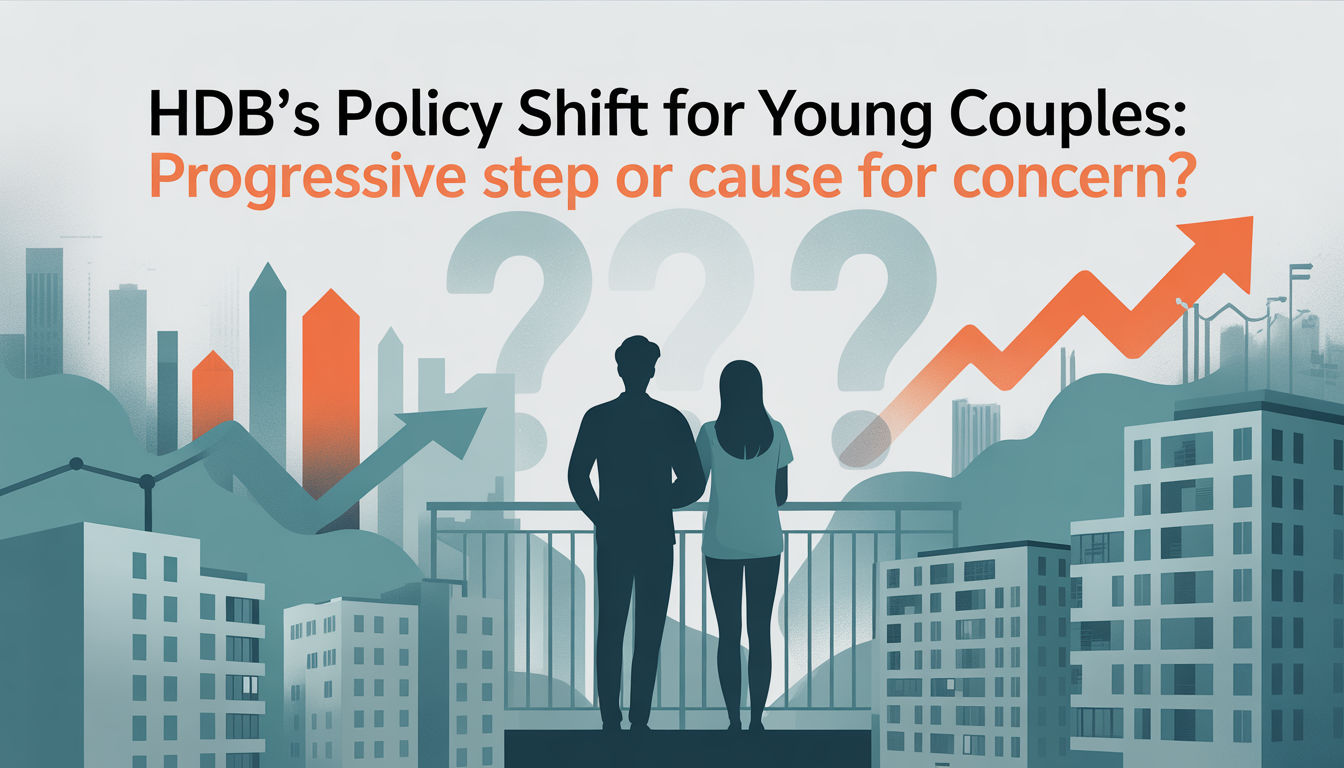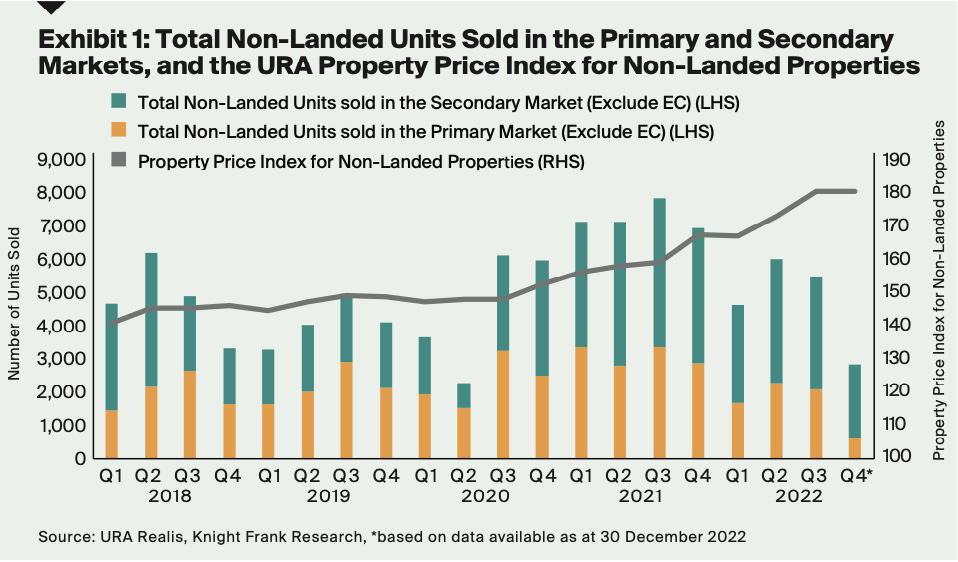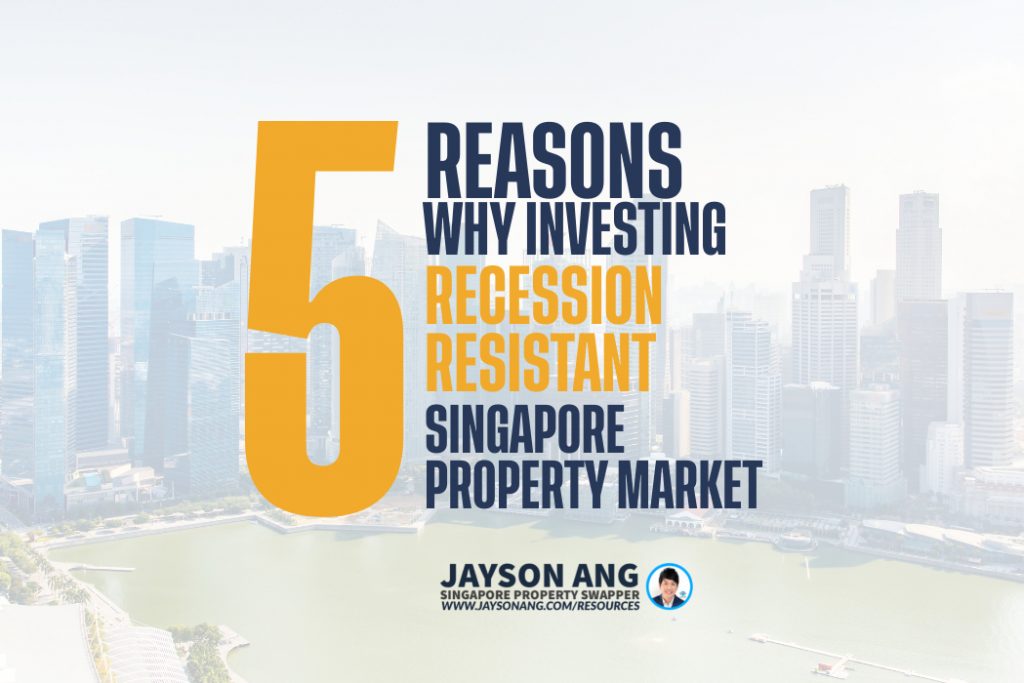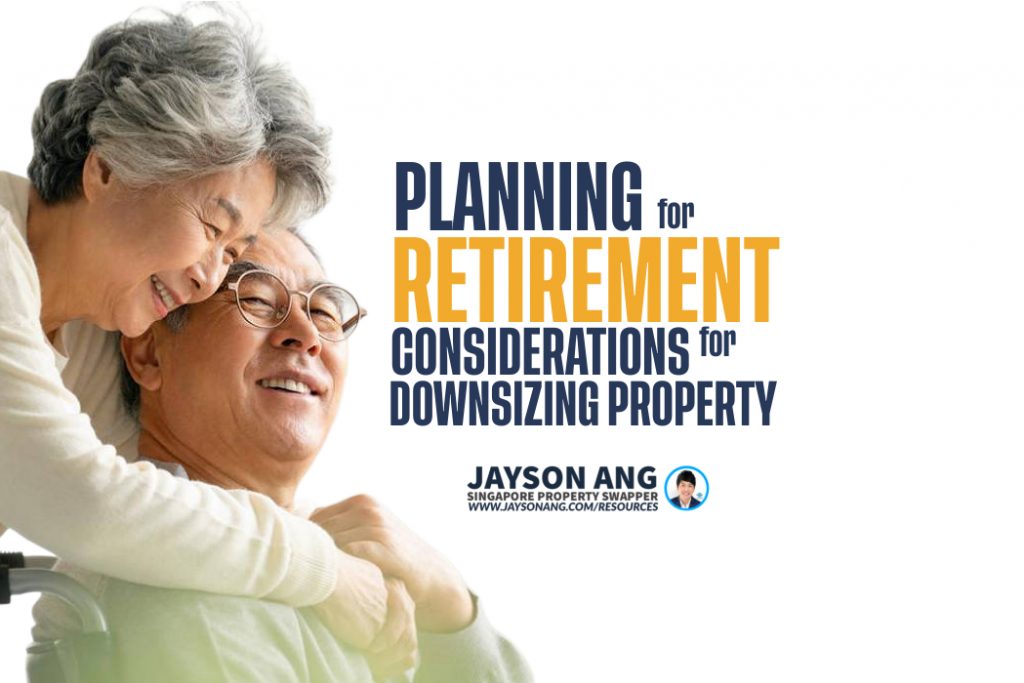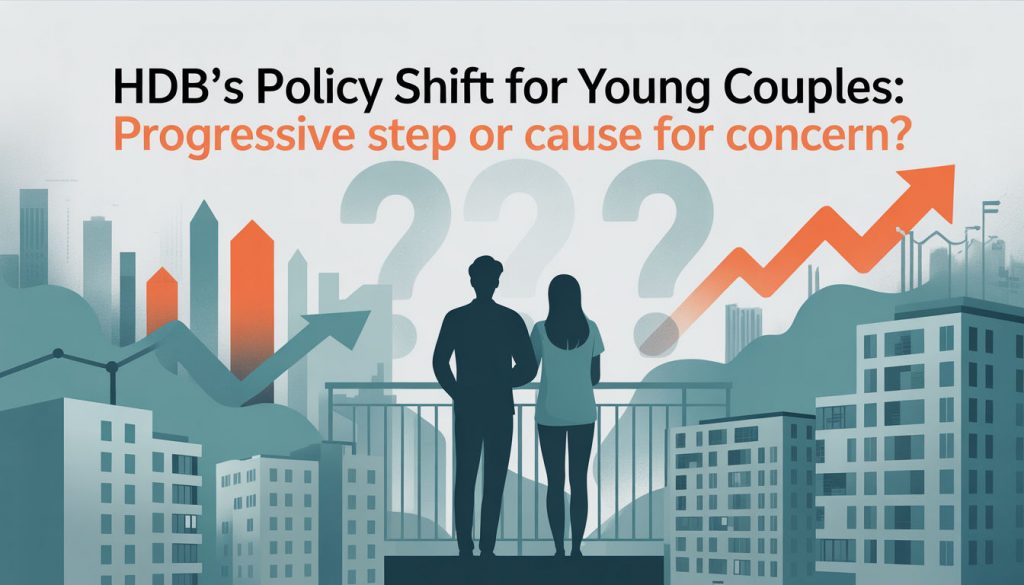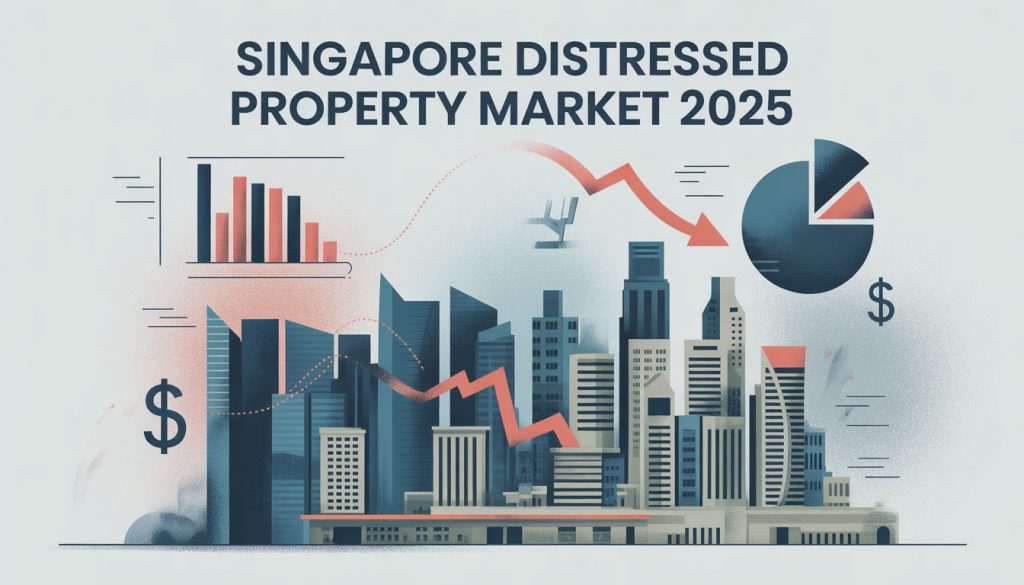TLDR
Starting July 2025, HDB will let young couples—where at least one partner is a full-time student or NSF—defer income assessment for BTO loans until flat key collection. This helps more young Singaporeans apply for flats earlier, basing loan eligibility on their future, likely higher incomes. While it makes homeownership more accessible and may boost family formation, it could also increase demand and competition for desirable flats, potentially disadvantaging older buyers and impacting resale market demand. Critics argue the policy may fuel demand without solving affordability and could be politically motivated. Safeguards like the 10-year MOP for Prime and Plus flats aim to prevent misuse. The overall impact depends on how the market and applicants respond. Consider your personal situation before deciding to buy, sell, or wait, as there’s no one-size-fits-all answer.
HDB’s recent move to ease income assessment criteria for young couples seeking BTO flats has generated a mixed response. While seemingly a positive step towards helping young Singaporeans achieve homeownership, the policy change has also drawn criticism online, raising questions about potential unintended consequences and underlying motives.
The Policy Change: A Closer Look
Effective July 2025, couples where at least one partner is a full-time student or National Serviceman (NSF) can defer their income assessment for an HDB loan. This allows them to apply for a flat before they’ve fully entered the workforce, postponing the evaluation of their income until key collection.
Previously, deferred income assessment required both applicants to be full-time students/NSFs or recent graduates (within one year). The policy tweak broadens eligibility, enabling more young couples to apply while still in school, serving NS, or transitioning to employment.
The government aims to help young Singaporeans settle down earlier without compromising on their housing preferences. However, deferred income assessment doesn’t guarantee flat allocation; it simply allows earlier application based on the assumption of higher future income.
Potential Implications: A Double-Edged Sword
- Enhanced Access to Larger Flats: Limited income restricts loan quantum due to the Mortgage Servicing Ratio (MSR). Deferring assessment allows couples to qualify for larger loans based on projected future earnings, potentially enabling them to afford 4-room or even larger flats.
- Accelerated Homeownership: The policy encourages earlier homeownership, aligning with efforts to promote family formation and potentially increase birth rates. This assumes that young couples are eager to embrace homeownership despite the financial commitment.
- Increased Demand for Prime and Plus Flats: If young couples can secure desirable Prime or Plus flats early, it could intensify competition, potentially disadvantaging older buyers. The higher financial commitment associated with Prime and Plus flats may also deter some young applicants.
- Potential Impact on Resale Market: Increased BTO uptake could reduce demand for resale flats in the long term, as fewer Singaporeans may wait until later in life to purchase a home.
The Critics’ Perspective: Addressing the Concerns
The policy change has sparked several criticisms:
- Demand-Side Solution vs. Supply-Side Realities: Critics argue that the policy fuels demand without addressing underlying affordability issues. By allowing non-earning individuals to enter the market, it could drive up prices, particularly for BTOs in desirable areas.
- Gaming the System: A Potential Loophole?: Concerns have been raised about couples exploiting the system by securing flats based on lower student incomes, only to sell them later for profit without contributing to family formation. However, Prime and Plus flats have a 10-year Minimum Occupation Period (MOP), mitigating this risk.
- Political Motivations: An Election Ploy?: As with any policy change preceding an election, skepticism about ulterior motives arises. While the policy may appeal to younger voters, it’s up to individuals to determine whether it’s a genuine effort to address housing needs or a political maneuver.
A Balanced Perspective: Weighing the Pros and Cons
The long-term impact of this policy change remains to be seen. It’s essential to acknowledge the potential benefits while addressing legitimate concerns about demand, fairness, and potential exploitation.
One potential solution is to target the policy based on subscription rates, limiting deferred assessment to BTO locations that are less likely to be oversubscribed. This could mitigate the risk of intensifying competition and ensure that the policy benefits those who genuinely need assistance.
Should You Buy, Sell or Wait?
If you’re reading this, you must be trying to figure out the best course of action right now: is it the right time to buy or sell?
It’s difficult to give an exact answer since everyone’s situation is unique and what works for one person may not necessarily work for you.
I can bring you a wealth of on-the-ground experience and a data-driven approach to provide clarity and direction. From beginners to experienced investors, our top-down, objective approach will help you on your real estate journey.
I can help you by:
- Offering Strategic Real Estate Advice – I can help create a comprehensive plan to guide you through your property journey.
- Connecting Your Home with the Perfect Buyers – Through stunning visuals, an effective communication strategy, and an in-depth knowledge of the market, we’ll ensure your home is presented in the best possible way to fulfill your goals.
You May Also Like …

